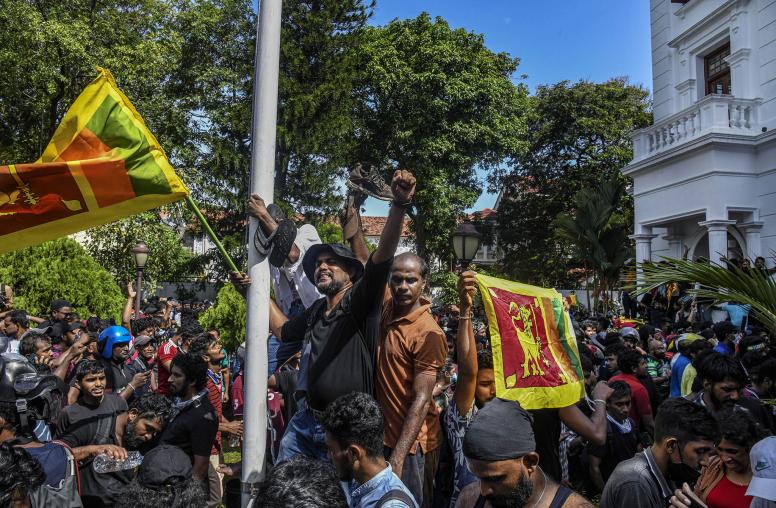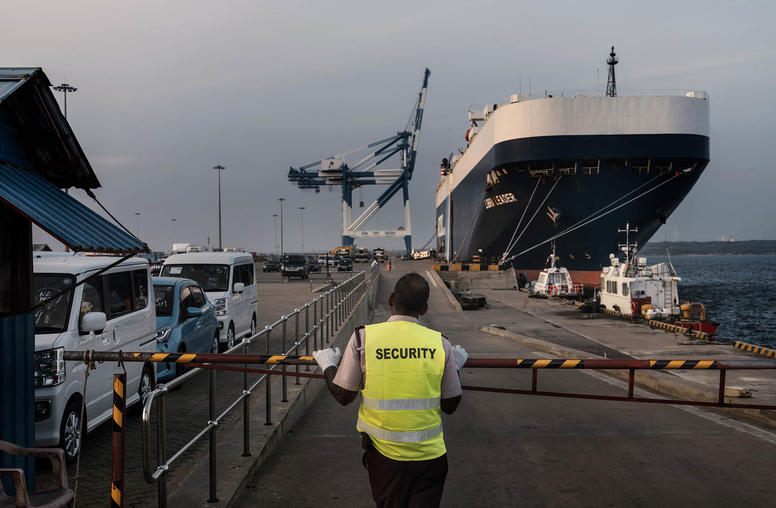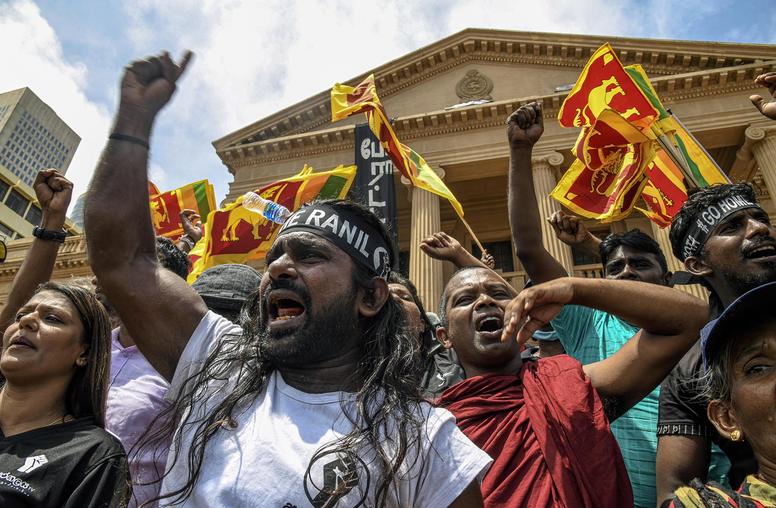Sri Lanka - The Invention of Enmity
THE USIP BOOKSTORE IS TEMPORARILY UNAVAILABLE
For over two millennia, the Buddhists and Hindus of Sri Lanka (formerly Ceylon) lived together in relative peace. But in the twentieth century, this small island republic off the coast of India has been wracked by recurrent violence and ethnic tension.
Especially since independence in 1948, the majority Sinhalese population, predominantly Buddhist, and the Tamil minority, mainly Hindu and some Muslims, have competed fiercely over questions of rate, language, religion, and political control. Several revisions of the constitution have failed to resolve these issues, and the post-independence period has witnessed horrific riots, guerrilla movements on both sides, and pro-government death squads, as well as a “peace-keeping effort” by Indian forces to try to protect the Tamil minority and to resolve the dispute.
What role does religion in fact play in the conflict, and what can be done to reduce the level of tension and violence in Sri Lanka? This volume addresses those questions by examining the sources of this intense conflict; the political, legal, and nongovernmental efforts at reconciliation; and the prospects for a settlement.



